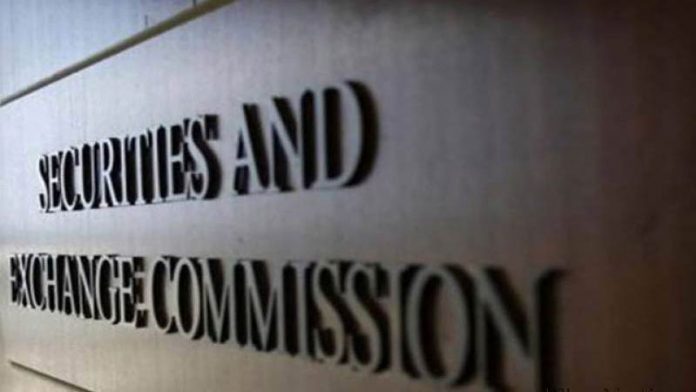STAFF REPORT
ISLAMABAD: In collaboration with the National Counter Terrorism Authority (NACTA), the SECP organised an awareness session to sensitize the not-for-profit organizations (NPOs) with the regulatory framework on anti-money laundering and countering financing of terrorism (AML/CFT) on Thursday at the SECP head office.
On the occasion, the SECP issued the AML/CFT guidelines for NPOs in September 2018, to facilitate the NPOs to mitigate the ML/TF risks and other abuses. The session was aimed at developing government-NPO engagement through an inclusive approach. The recommendations of Financial Action Task Force require countries to work with NPOs to develop and refine best practices to address terrorist financing risks and vulnerabilities to protect from TF abuse.
The SECP officials apprised the participants about the regulatory framework applicable to NPOs incorporated under the Companies Act, 2017. The officials highlighted the regulatory measures to prevent the NPOs from ML/TF abuses, as specified under the regulations for section 42 companies, and supplemented by the best practices and recommendations contained in the NPO guidelines. The officials emphasized that through issuance of the guidelines, the SECP has adopted a soft law approach to ensure that the legitimate and essential work being carried on by NPOs does not suffer.
The NACTA representative gave an overview of the NACTA and highlighted the measures taken by it for countering the financing of terrorism in the country. He also mentioned the measures taken by NACTA in collaboration with other stakeholders and authorities to ensure compliance with FATF recommendation number 8.
A large number of participants from community service organisations and NPOs working in health, education, charitable and social welfare sectors attended the event. It was an interactive session and various issues relating to the licensing regime of not-for-profit companies, NPO certification mechanism for tax exemption purposes, and security clearance required from the relevant government authorities were discussed. The SECP also highlighted the AML/CFT framework and obtained feedback from the participants. The SECP provided them with a dedicated email address the stakeholders may use to raise their concerns or to make suggestions.
The session was first in a series of similar events being conducted across the country to sensitise the NPO sector with, inter alia, the recommendations of the Financial Action Task Force and the best practices that companies may adopt to help prevent the abuse arising from money laundering, terrorist financing and other predicate offences.
























